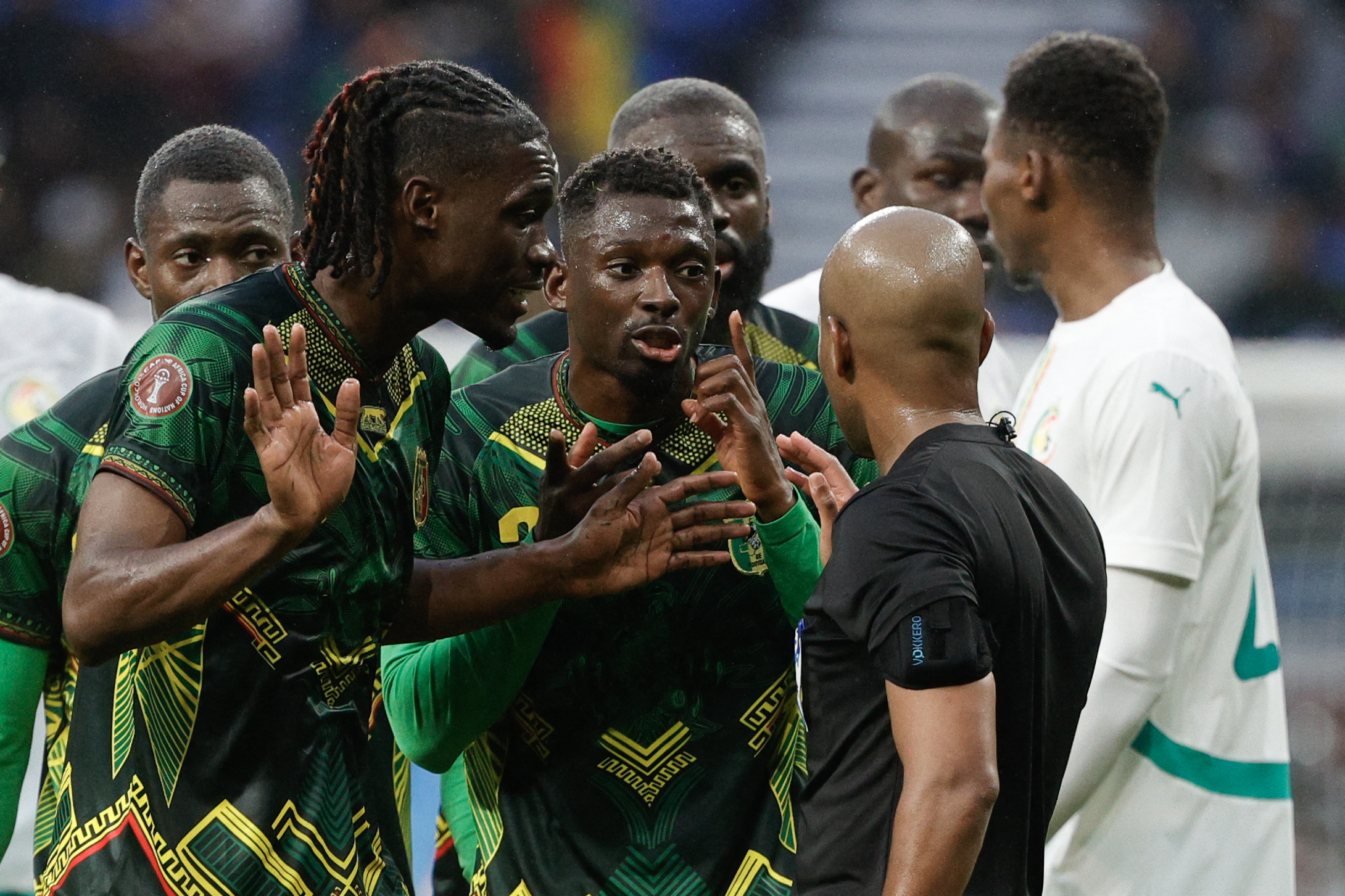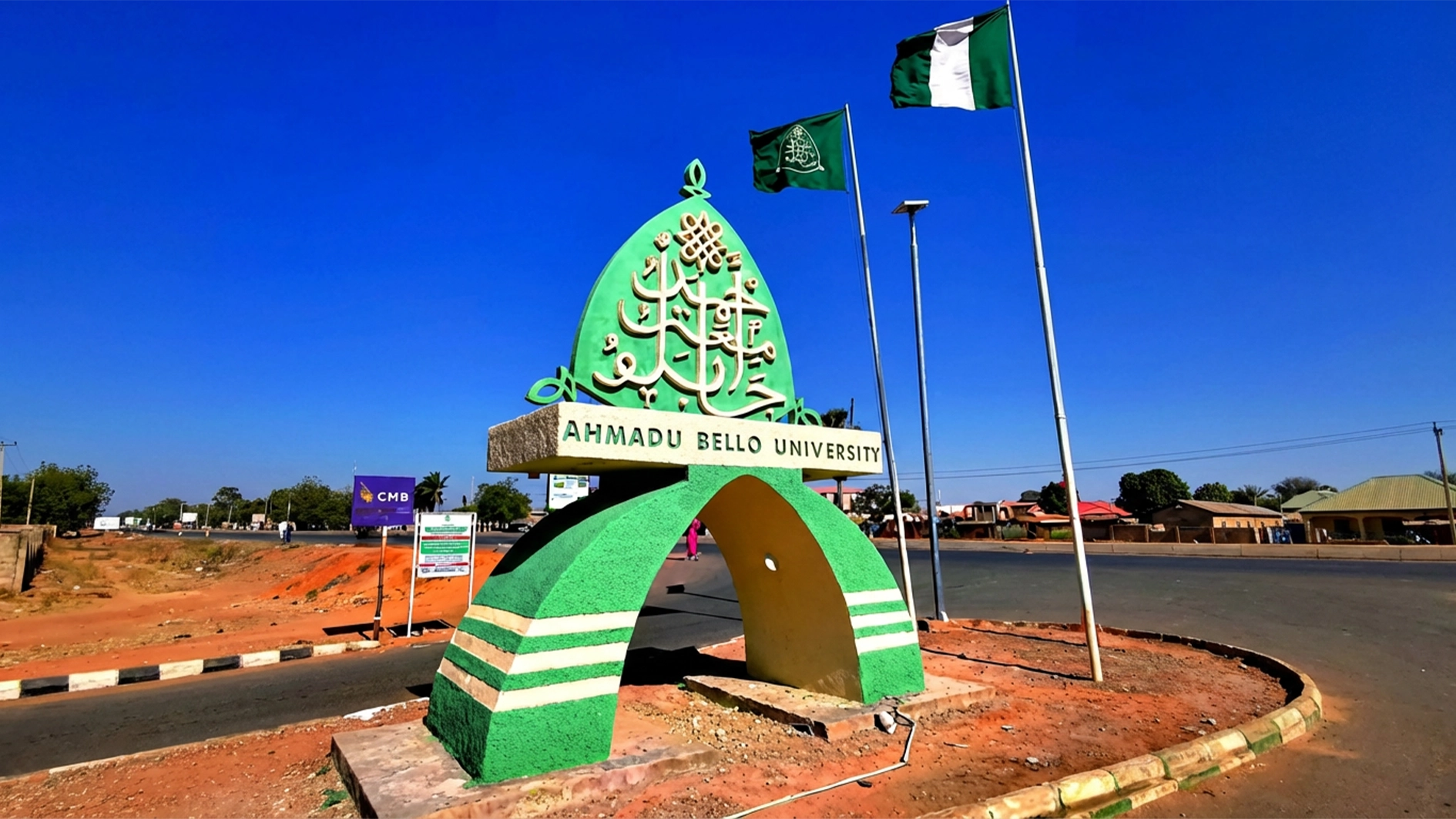Favour Ofili’s decision to leave Nigeria for Turkey has, for the umpteenth time, raised questions concerning athletes’ recruitment, retention and national sports development. CHRISTIAN OKPARA writes that athletes will continue to leave the country for greener pastures if the environment is not made conducive for their development and post-career life.
Favour Ofili is one of the world’s hottest sprinters, having posted impressive times at major international championships since she was denied the opportunity of testing her strength in the 100 metres race at the Paris 2024 Olympic Games.
The world’s 150 metres record holder is among athletes tipped to rule the women’s 100m and 200 metres races at the World Athletics Championships, billed to hold in Tokyo, Japan, from September 13 to 21, 2025. Sadly, the Delta State-born athlete recently dumped Nigeria for Turkey.
Ofili’s grouse with Nigeria is that the country failed her when she needed to show the world how far she has developed in her profession. While still healing from that wound, the fact that the people who caused her so much pain at the Olympic Games in Paris, last year are still managing the sector despite their indictment by a panel instituted to investigate their roles in the omission of her name from the official list of athletes registered by Nigeria for the 100 metres at the Games only made the hurt refused to heal.
Money is also involved in Ofili’s decision to start representing Turkey. The country has promised to pay her $500,000 as a signing-on fee, as well as a monthly salary of $30,000.
Ofili’s case is not the first time a Nigerian has dumped the country for another nation. Athletes often change nationalities in search of better working conditions and facilities that would enhance their performance. Often, these changes yield fruit as such athletes get the required environment to get to their best and win medals.
For instance, Francis Obikwelu, a 100m and 200m runner, dumped Nigeria for Portugal after the Sydney 2000 Olympic Games in search of better opportunities.
The sprinter, whose 100m personal best was 9.86 seconds, went on to win a silver medal for Portugal at the Athens 2004 Olympics and another silver at the World Championships the following year. He held the European record in 100 metres (9.86 seconds) for 17 years and was voted as the European Male Athlete of the Year in 2006.
Like Obikwelu, Gloria Alozie also dumped Nigeria for Spain after the 2000 Olympics, citing the Federal Government’s neglect after her fiancé died in a car accident during the Games.
Her sojourn in Spain fetched her new country a silver medal in 100 metres hurdles at the Athens 2004 Games and several European and World Championships’ medals.
While many left Nigeria for foreign countries when they were just getting into their stride, there have been instances where budding athletes were poached before they hit the limelight. One of such athletes is Ebelechukwu Agbapuonwu, who was born in Onitsha, Anambra State, but elected to switch allegiance to Bahrain, where she changed her name to Salwa Eid Naser.
A 400 metres specialist, Naser carved a niche for herself in the discipline, and she was touted as the next big thing in the event. She grew to become a world champion and an Olympic silver medalist before she ran afoul of World Athletics’ anti-doping rules.
Nigeria, like most African countries, has suffered the exodus of some of its most promising talents, but Ofili’s decision to move to Turkey hit the country’s athletics buffs hard because she was tipped to break Nigeria’s medal-less regime in track events at the next Olympics. Turkey’s athletics revolution has also netted some Jamaican and Bahamian stars, among others from Africa and the Caribbean.
According to insiders, Turkey is recruiting up to 15 track and field athletes ahead of the Los Angeles 2028, with a heavy focus on women’s 4x100m. Every athlete who agrees to join the team will only be paid the $500,000 recruitment fee when they start competing for Turkey.
The programme, led by the Turkish sports ministry, is aimed at establishing the state as a force at the Olympics and also instigating interest among Turkish youngsters in athletics.
Athletes often worry about their post-competitive lives, and the transition can be challenging, especially for track and field athletes whose careers are often short-lived. Planning for life after sports is crucial, so they settle for any opportunity that can help them live a better post-career life.
In the light of this, many stakeholders feel that any athlete who decides to leave the country for better career prospects elsewhere should not be blamed so much because Nigeria has failed many who put their fate in the country.
They cite the many cases of retired athletes now wallowing in abject poverty, and seeking public help to survive because the country has no provision for its retired citizens.
This perhaps explains why Athletics Federation of Nigeria (AFN) President Tonobok Okowa accused Ofili of dumping Nigeria because of money, but refusing to address other issues that forced the athlete to walk away.
At a press briefing following the conclusion of the Nigerian Championships/Trials at the Yaba College of Technology, Okowa affirmed Ofili’s switch of allegiance and will now don the colours of Turkey.
“Favour Ofili has been taken by the Turkish Federation,” he said, adding, “The kind of money they put on the table is not something many athletes would refuse… We’re pleading for help. The government cannot do it alone. We need more sponsors to keep our athletes at home.”
According to Prof. Seun Omotayo, a consultant sports psychologist, who is also the chairman, BoT, Sports Psychology Association of Nigeria (SPAN), the average talented Nigerians in all shades of human endeavour will dump Nigeria because of the poor environment within which they can ply their trade to the zenith of their capacity.
“It is just that the one that touches us most are those of sportsmen and women, which we always topicalise. Brain drain, which I regard as talent drain, has been with us for years, and the causes remain unattended. Any talent that is sure of itself will move to a more congenial environment,” he said.
Omotayo agrees that the exit of top stars hit Nigeria in many ways, saying that the cost to the country cannot be easily quantified. Omotayo, who is the president, Africa Sports Management Association (ASMA) as well as the President, Africa Students Football Union (ASFU), said that when Nigeria loses an athlete to another country, it loses what it spent in organising the local competitions that provided Athletes Talents Observatories (ATOs) that gave opportunity to the athletes to be discovered, and the cost of nurturing them to elite performance level, among others.
He, however, predicted that athletes would continue to leave Nigeria because, “over the years, the country has not evolved a sustainable sports development template with an inbuilt mechanism for nurturing athletes, congenital loyalty and retention. Talent’s loyalty is to where they can best operate with minimal hindrance. If Nigeria reduces hindrances, our sports talents will stop dumping Nigeria.”
For a former NUGA President, Prof. Stephen S. Hamafyelto, the Ofili issue raises broader questions concerning athletes’ recruitment, retention and national sports development.
He said that there are several compelling reasons why athletes find it relatively easy and increasingly appealing to switch allegiance or represent other countries. “Some of these include, and are not limited to, lack of institutional support. We are conversant with issues of inadequate training facilities, poor medical care, unpaid allowances, and late reimbursements as factors that diminish athletes’ trust in the Nigerian sports system.
The bureaucracy and mismanagement that athletes often face interfere with administrative processes, while favouritism, corruption, and negligence lead to disillusionment and frustration.
“There’s an apparent lack of structured development pathways. Unlike countries with athlete development pipelines, for example, the United States’ NCAA, Nigeria often neglects talent identification, structured mentorship, and progression from junior to senior levels.”
The don also advocated an alliance of government and the private sector, “which has yielded positive outcomes with countries like South Africa and Brazil attracting sponsorships and endorsements to support athletes, blending public-private investments (PPI).”
He said that these countries invest in sports administration training and international best practices, avoiding the over-politicisation that has plagued Nigerian sports bodies over the years.
“Countries like Jamaica elevate their athletes as national treasures through national media and public recognition, creating a sense of belonging and responsibility. Nigeria, unfortunately, suffers from policy inconsistency, systemic neglect, and poor implementation, which other countries seem more committed to addressing,” he said.
A former African tennis champion, Dr Sadiq Abdullahi, described the Ofili saga as a natural course that some athletes take when the economic and political conditions, as well as the social and cultural environment, are not right. The incentive, too, must be right.
He said: “Winning is linked to economic benefits, and podium performance brings honour to a nation and material benefits to the athlete. When a nation loses its top athlete to another nation, it shows weaknesses in the administration of sports by the supervising entities (the sports federation, NOC and the National Sports Authority/Commission).
“Third World countries, especially African countries, that see and value sports as a business and deal with it professionally, retain their elite athletes by providing all sorts of support and an enabling environment. The key factor is the level and material value of the incentive in the long run. There is a long-term investment involved, and this allowed for a long-term commitment.”
He said that the Mumini Alao committee’s report, which investigated the events of the Paris 2024 Olympics, was explicit and provided some recommendations, which the Federal Government failed to respond to promptly because of the change in administrative structure.
“I can’t speculate on why nothing was done immediately after the report was submitted to the new NSC administration, but to stop such a happening again, we must address the fundamental problems facing elite athletes’ development. The needs and welfare of elite athletes must be taken seriously.
They must be respected, and athletes, too, must respect sports administrators.”
Canada-based Prof Patrick Omo-Osagie said that athletes like Ofili leave for other countries because they think they have a better shot outside the country.
According to the sports consultant, athletes are motivated by what they see around them and try to make the best of the opportunities. “Daniel Igali was competing for Nigeria for years before he left to join the Canadian team. Boom, he won an Olympic gold medal and became a world champion. He also got a good education.
“What did that gold do for him in Canada? It made him a hero, and he was able to capitalise on it and do better things for himself and eventually do good things for Nigeria. So, is there a sin in that one? No. But he left because he felt the system was inadequate to take him to where he wanted to go.
“Today, he is back in Nigeria and is rated as one of the best presidents of the wrestling federation ever.”
He said people should not always look at the negative side of the migration to other countries when the system is inadequate for anybody with tremendous aspirations, especially in sports.
“The thing is that Turkey is paying a massive reward to anybody who wins an Olympic medal for them. An athlete will get $531,000 if he wins a gold medal, $300,000 if he wins a silver and $150,000 if he wins a bronze.
“Essentially, not only are you getting this $500,000 from Turkey to just come represent them and compete along with those incentives, performance bonuses, and so on, but if you make it to an Olympic Games and actually win a medal, which many of these Jamaican athletes already have, then they’ll actually get a bigger payout. You’re talking about a million dollars, $500,000 up front and then $500,000 if you win a gold medal. Why wouldn’t someone actually take that and not have to deal with the federation? These are the decisions that athletes are making.”






